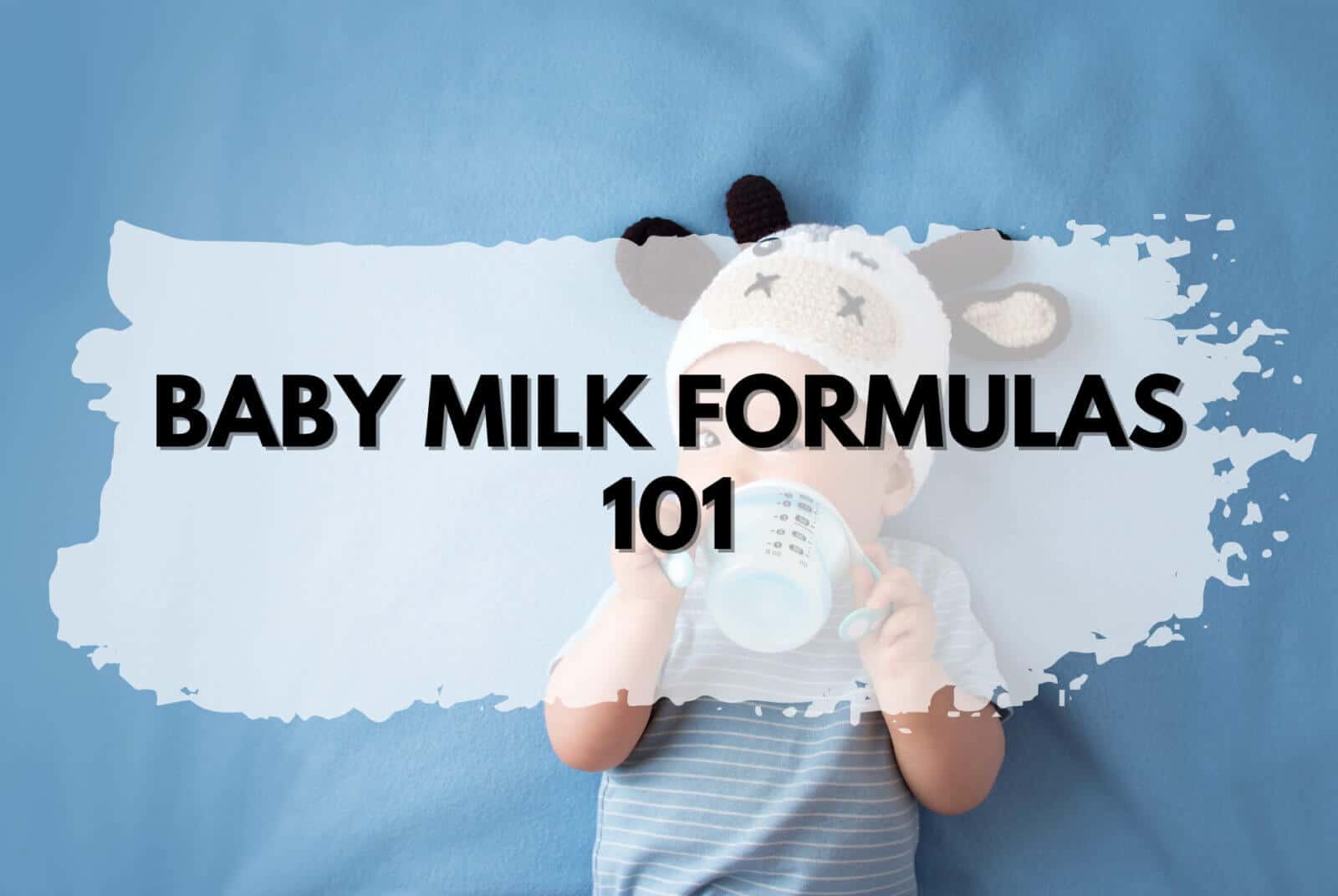A baby is a wonderful thing for a person to have. People say that simply having one can really change
your outlook on life.
Babies need milk!
Now when you actually have a baby, it is very tough to take care of one especially if you don’t have any
prior experience on taking care of a baby. One thing a baby needs is milk. Breastmilk is the most
recommended type of milk for babies as not only do they provide the nutrients needed by a baby, but
also anti-bodies to strengthen the baby’s immune system against infection and this is why it is
recommended at least before using baby formulas.
When breastmilk is not an option
Some mothers won’t prefer giving breastmilk as they could be uncomfortable or because of a medical
condition. There are always alternatives. Baby formulas are made to copy the nutrients that a mother’s
milk gives but it doesn’t come with the anti-bodies that comes with a mother’s milk.
If you choose to go with baby formulas but don’t have a clue on how to pick the right one for you, then
this article will help you in getting the final decision for the milk for you baby.
To start with, let’s talk about the different types of baby formula out there.
Types of Baby Milk Formula
- Cow’s milk formula – uses cow’s milk as the main source of ingredient but is modified to be safer for babies to take in. This is Aalso is the most common baby formula based on the American Academy of Pediatrics (AAP).
- Partially Hydrolyzed formula – has proteins that is partially broken down for easier consumption of milk for babies. Can help babies that have problems with gas.
- Extensively Hydrolyzed formula – contains broken down proteins for easier digestion and is used by mostly babies that are allergic to cow’s milk. Recommend going to a pediatrician before deciding on this one as it is expensive and may not even be needed by your child.
- Organic formula – are similar to standard milk -based formulas but organic ingredients are used.
- Soy-based formula – made from soy as a protein with a carbohydrate. The AAP recommends this to be used on a very rare occasions such as when like if you’re trying to exclude animal products in your baby or if your baby is allergic.
- Specialized formula – is designed for babies with special needs like premature ones or babies with diseases.
It is also important to include determine the different forms of baby milk formula. Knowing each form
will give you an idea of what you would prefer as the prepare of your baby’s milk.
Forms of Baby Milk Formula
- Powdered formula – This form of formula is the most common type. It is easily available everywhere you go, from groceries, supermarkets, and even with some pharmacies.
- Liquid-concentrate formula – This form of baby milk formula is what we often encounter as those with labels that direct you to “just add water and shake”. Liquid-concentrate formulas are generally more convenient for the preparer but is costlier than powdered-formula.
- Ready-to-feed formula – This form of baby milk formula is the most convenient of all. No need to mix, no need to add water. Your baby can consume this as is. However, take note that this is the priciest of the three forms for its convenience.
Now that we have discussed the different types of baby formula and the different forms by which they are available, we can now move on to discussing the factors to choose the best formula for your baby.
How to choose the best baby formula for your baby
- Cost – This consideration is the most important of all for most people. Cost really plays a huge difference in the choice of parents for their baby’s milk. After all, milk will be a staple source of nutrition for your baby’s growth for the early years, it is important that your budget can accommodate this.
- Consult with your pediatrician – A pediatrician’s role is crucial to the growth and development of your baby. In case the you experience difficulties with the babies conditions, or you notice anything unusual with his actions or habits, they could be telltale signs of unfavorable conditions of your baby. The pediatrician would be a huge help in identifying what bothers the baby and what medicine to provide him.
- Allergies and Diet Restrictions – Identify and keep in mind if your baby has any allergies. This can heavily affect your choice on what you should make your baby drink.
- Easily accessible – Make sure that your baby’s milk can be easily bought and is always available so you won’t have to worry about your go-to milk being hard to get.
- Consistency is key – Make sure that when you start your baby a formula , it’s best to stick with as it may stress the baby if you keep changing the formula.
- Research – Do a thorough research on what is best for the baby. You can check forums or check online reviews.
What if your go-to formula runs out?
At this point, you probably have already bought a baby formula but there is a possibility for it to run out in the stores near you. Online delivery is a thing but you can’t exactly get it immediately especially when your child needs it. If this does happen, it is recommended to visit your pediatrician to ask for a substitute for the baby formula your baby uses.
Taking care of a baby is indeed a lot of work but it can be very rewarding.
Baby Milk Formula is just one of the needs of a baby and as you can see you really have to research a lot. Babies are delicate and must be treated with the utmost care. You have to be smart on taking care of your baby. If you find it tough, you can always reach out to people you can trust and with good judgment on taking care of a baby like your partner, parents, or perhaps even close friends.
























